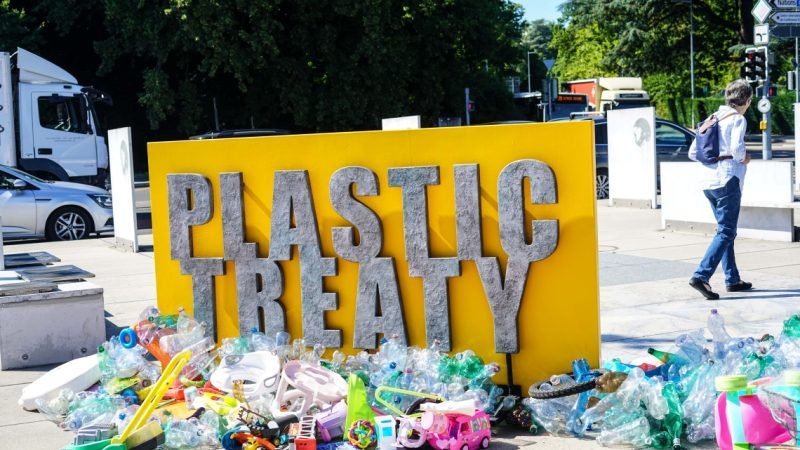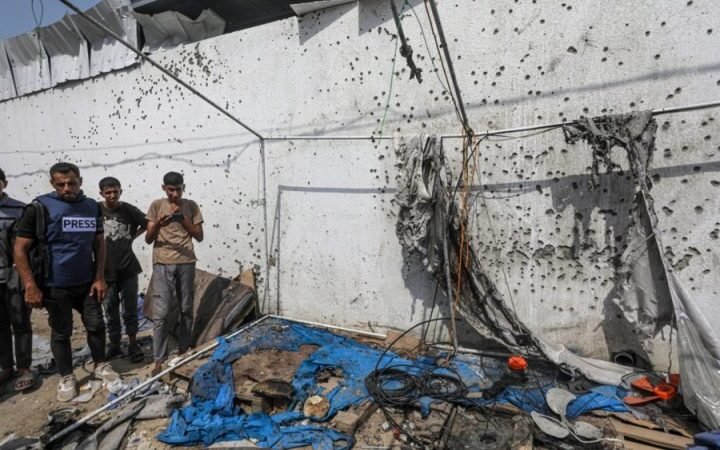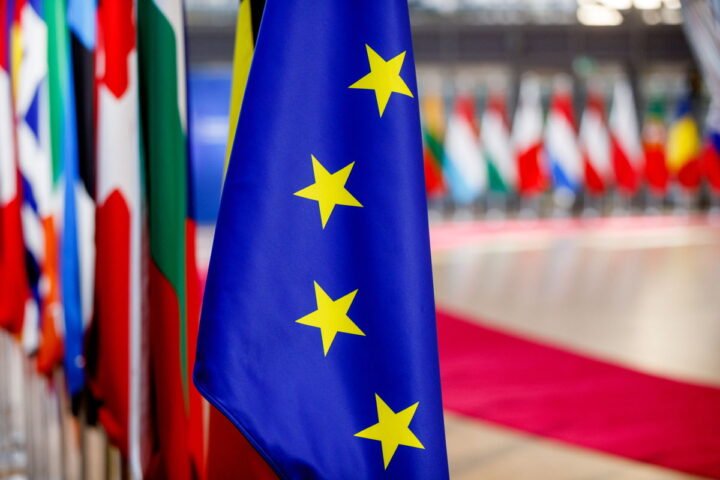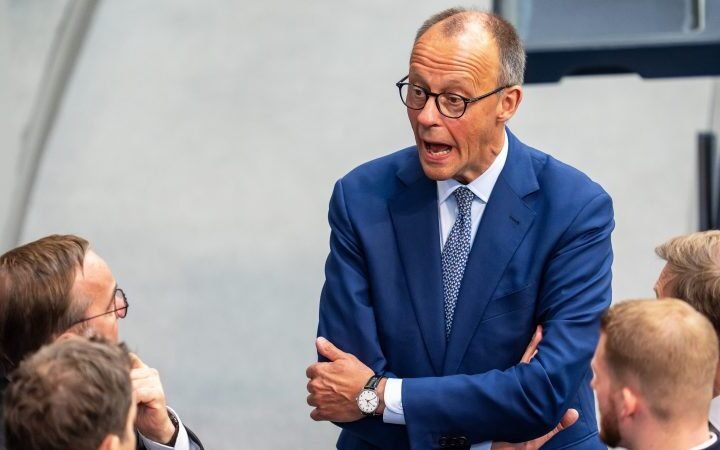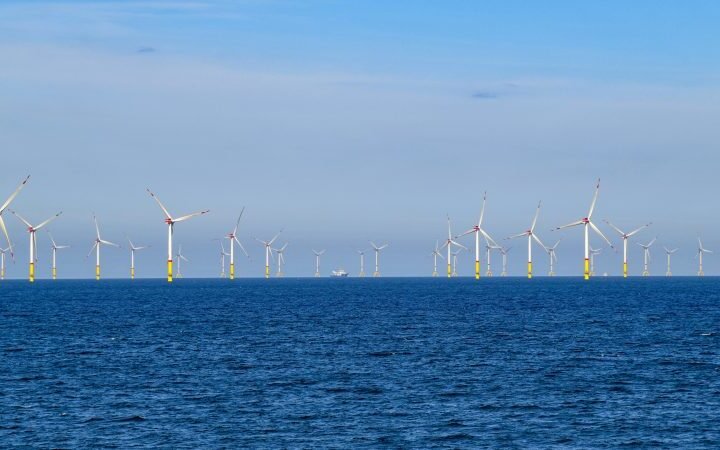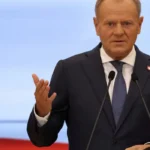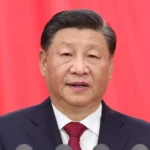Negotiations in Geneva are at an impasse with just four days remaining to reach a crucial global accord on plastic pollution, following a disappointing start in the first week of talks., reports 24brussels.
The UN discussions are a continuation of a previous failed attempt in Busan, South Korea, last year. The initial week of negotiations lagged behind schedule, yielding no definitive draft as negotiators returned on Monday to confront a text fraught with unresolved issues after a weekend pause.
“We have to speed up negotiations,” stated EU environment chief Jessika Roswall, who arrived for the crucial final stage. “With four more days to go, we have more square brackets in the text than plastic in the sea.”
The 34-page draft, designed to guide high-level discussions, remains completely bracketed, highlighting significant divides in scope and ambition among negotiating parties.
Rival camps square off
The EU-led “ambitious” coalition, which includes Australia, Canada, Switzerland, the UK, and numerous African and Latin American nations, seeks binding commitments, including the elimination of the most hazardous chemicals.
“Small island nations will not stand by while our future is bartered away in a stalemate,” declared Palau envoy Ilana Seid on Sunday, representing 39 members of the Small Island Developing States (SIDS) group.
In opposition is the “Like-Minded Group,” led by Russia alongside major petrostate allies, advocating for a focus on waste management and recycling. Last week, the US aligned with this group by releasing a memo encouraging delegates to dismiss an article concerning plastic production limits.
The struggle for consensus
The treaty mandates unanimous approval from all parties, but observers note that nations favoring low ambition exhibit little urgency to reach a compromise.
“We risk having a meaningless treaty without any binding global standards like bans and phase-outs,” warned Eirik Lindebjerg from the NGO WWF in a statement to AFP.
“Expecting any meaningful outcome from this process through consensus is delusive. Given the limited time left, ambitious governments must unite as a majority to finalize the treaty text and prepare for a voting agreement,” he urged.
The text has swelled to nearly 1,500 bracketed sections—five times more than at the outset of discussions—making an agreement increasingly unlikely as the talks are set to conclude on Thursday.
